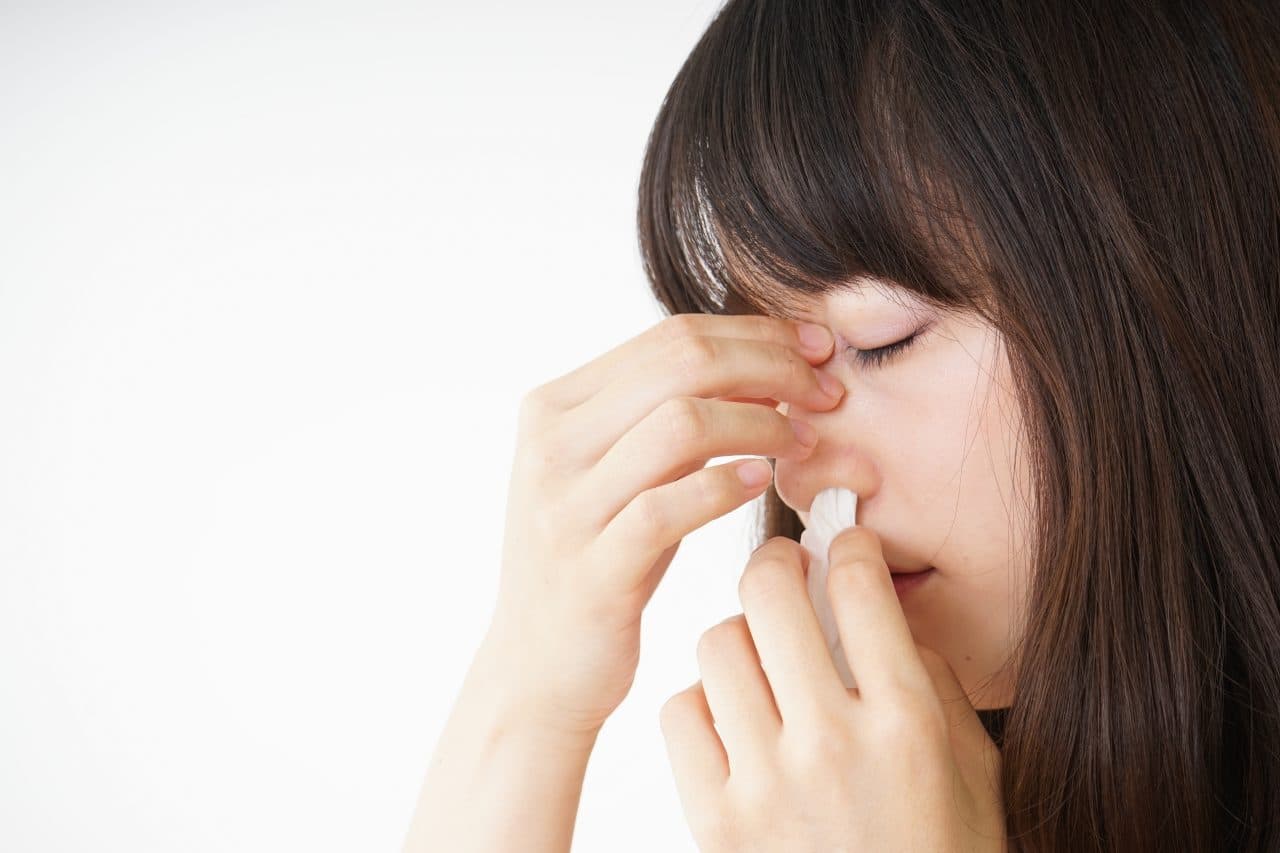Many people experience at least one nosebleed in their lifetime. Though they can be frightening, they usually require nothing more than leaning forward and pinching your nostrils together for a few minutes to stop the bleeding.
Common causes of nosebleeds include:
- Colds
- Allergies
- Sinus infections
- Frequent sneezing
- Trauma to the nose
However, if nosebleeds become recurrent or troublesome enough that your clothes start to resemble a performer at Fear Farm, nose cautery may be recommended.
Performing Nosebleed Cauterization

Nosebleed cauterization can help prevent nosebleeds if they become a recurring problem. During the procedure, the doctor will numb the inside of your nose. They will then use either a chemical swab or an electric current (known as electrosurgery) to seal the blood vessels. This stops the bleeding and helps prevent additional bleeding by building up scar tissue.
Recovery After Nosebleed Cauterization
For the first few hours after your procedure, make sure to take it easy. Don’t engage in any strenuous exercise or activity and try not to bend over or lift anything heavy. After that time, you should be able to resume your normal activities whenever you feel ready.
You may have pain or itching in your nose for several days after your procedure, which is normal. Your doctor may prescribe painkillers. If not, ask about what over-the-counter pain relievers you can use to help relieve any discomfort.
Your doctor will also likely recommend an antibacterial ointment or saline nasal spray to apply to the inside of your nose. Apply this several times a day for 10 days to keep the area moist and help prevent infection.
Things to Avoid
- Don’t pick or scratch at the inside of your nose. Even though it may feel itchy, touching the area is likely to cause more nosebleeds.
- Try not to hit or bump your nose on anything, as this may cause additional bleeding.
- Don’t blow your nose for two weeks or until your doctor has told you it is OK. Stick to wiping your nose gently if you need to, as blowing your nose can cause irritation.
- Don’t take aspirin and NSAIDs like ibuprofen while you heal as they can increase the risk of bleeding.
Follow up With Your Doctor
Let your doctor know if you continue to experience nosebleeds or if you aren’t healing as expected. Contact them right away if you have a fever, experience excessive bleeding or have pain that doesn’t improve with medication.
Call Spartanburg | Greer ENT & Allery today for more information or to schedule an appointment.
